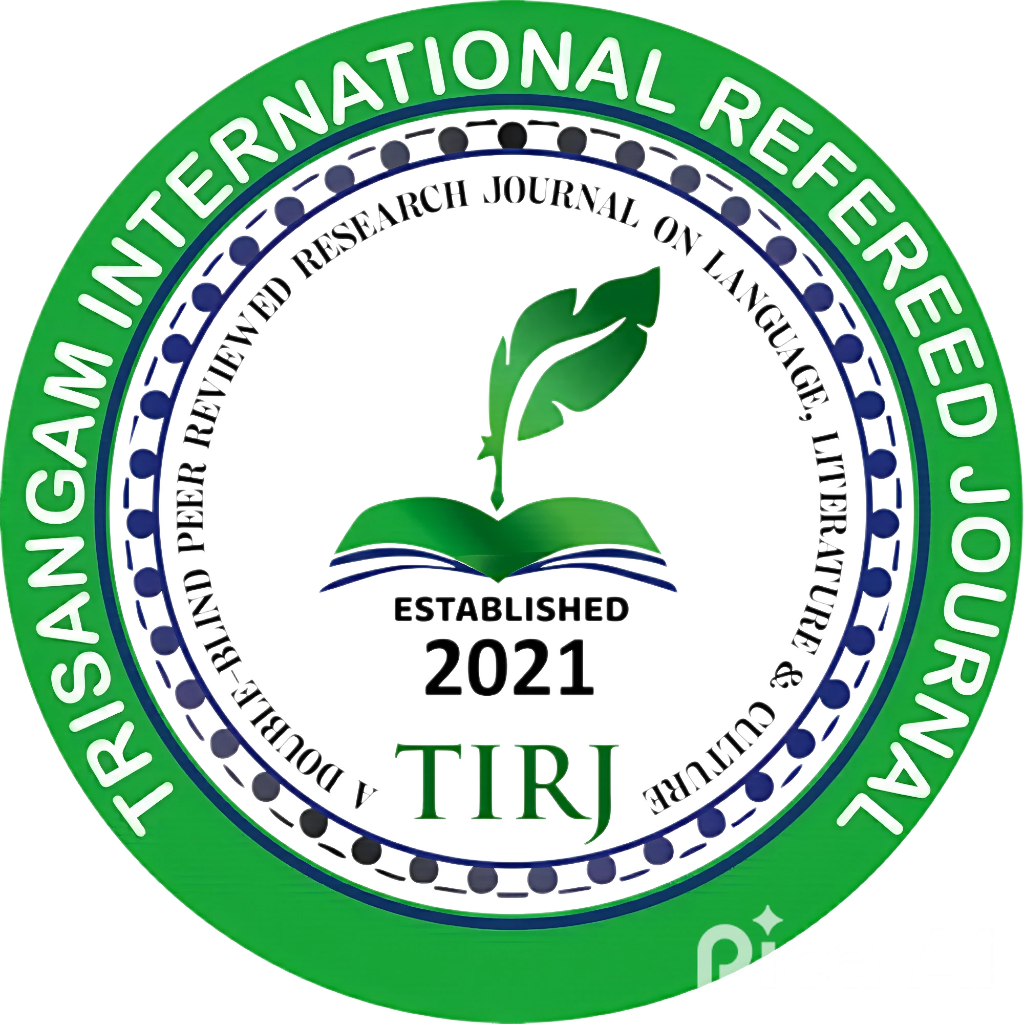Ethical Responsibility in the Use of Artificial Intelligence (AI) in Child Psychology: An Analytical Review/ শিশু মনোবিজ্ঞান ও কৃত্রিম বুদ্ধিমত্তার ব্যবহার : নৈতিক দায়বদ্ধতার এক পর্যালোচনা
Keywords:
- Child Psychology,
- Artificial Intelligence,
- Ethical Responsibility,
- Philosophy,
- Mental Health,
- Data Privacy
Abstract
In the modern world, Artificial Intelligence (AI) is rapidly evolving and expanding its influence across various sectors, including education, entertainment, healthcare, and psychological support for children. However, it is crucial to deeply examine how this technology impacts children's mental development and moral education, along with its ethical limitations. This research paper presents an analytical review of the ethical responsibility associated with the use of AI in child psychology. AI is a technology that mimics human thought processes and decision-making. Through machine learning, natural language processing, and deep learning, AI systems are utilized in developing educational games, virtual assistants, and therapeutic applications for children. Children are naturally drawn to technology, and AI-powered digital platforms, applications, and educational tools simplify their learning process. However, the excessive use of such technology may negatively affect children's psychological development, social skills, and creative thinking. Furthermore, ethical concerns arise regarding the protection of children's personal data, privacy, and the proper use of AI-collected information. The role of AI in children's mental and emotional development is twofold. On the one hand, AI-based educational platforms enhance children's interest in learning and provide opportunities for personalized education. On the other hand, excessive dependence on technology may adversely affect children's social skills and creative thinking. This research highlights the ethical responsibility of AI usage and the preservation of children's mental health from the perspectives of philosophy and ethics. Drawing upon Rabindranath Tagore's humanistic philosophy and Sri Aurobindo’s theory of consciousness development, the study suggests that AI can be effectively utilized for children's moral education and psychological growth. To ensure the positive role of AI in children's mental development, it is essential to uphold ethical responsibility, data privacy, and social justice. The negative impacts of AI can be mitigated through the formulation of policies and awareness campaigns.
Downloads
References
Piaget, J. (1952). The Origins of Intelligence in Children. Norton. [pp. 1-30] (Cognitive development in early childhood)
Vygotsky, L. S. (1978). Mind in Society: The Development of Higher Psychological Processes. Harvard University Press. [pp. 79-91] (Zone of Proximal Development and social learning)
Freud, S. (1953). The Interpretation of Dreams. Standard Edition, Vol. 4-5 [pp. 536-620] (Psychoanalytic perspectives on cognitive development)
Papert, S. (1980). Mindstorms: Children, Computers, and Powerful Ideas. Basic Books. [pp. 1-15] (Children's learning and AI-driven education)
Russell, S., & Norvig, P. (2020). Artificial Intelligence: A Modern Approach (4th ed.). Pearson. [pp. 1020-1050] (Ethical considerations in AI)
Floridi, L. (2013). The Ethics of Information. Oxford University Press. [pp. 150-170] (AI ethics and information privacy)
Chatterjee, A., & Bhattacharya, S. (2021). "Ethical Challenges of AI in Child Psychology and Education." Journal of Ethics and AI, 3(1), [pp. 45-67]
Sharkey, N., & Sharkey, A. (2010). "The Crying Shame of Robot Nannies: An Ethical Appraisal." AI & Society, 25(1), [pp. 1-18]
Borenstein, J., & Howard, A. (2021). "The Ethics of AI in Education: Bias, Privacy, and Psychological Impact on Children." Journal of Educational Technology & Society, 24(2), [pp. 19-30]
Zawacki-Richter, O., Marín, V. I., Bond, M., & Gouverneur, F. (2019). "Systematic Review of Research on Artificial Intelligence in Education." International Journal of Educational Technology in Higher Education, 16(1), [pp. 1-27]
Bryson, J. J. (2018). "The Ethics of Artificial Intelligence and Robotics." Cambridge Handbook of Artificial Intelligence, [pp. 316-334]






